Mon-Sat 9am-7pm


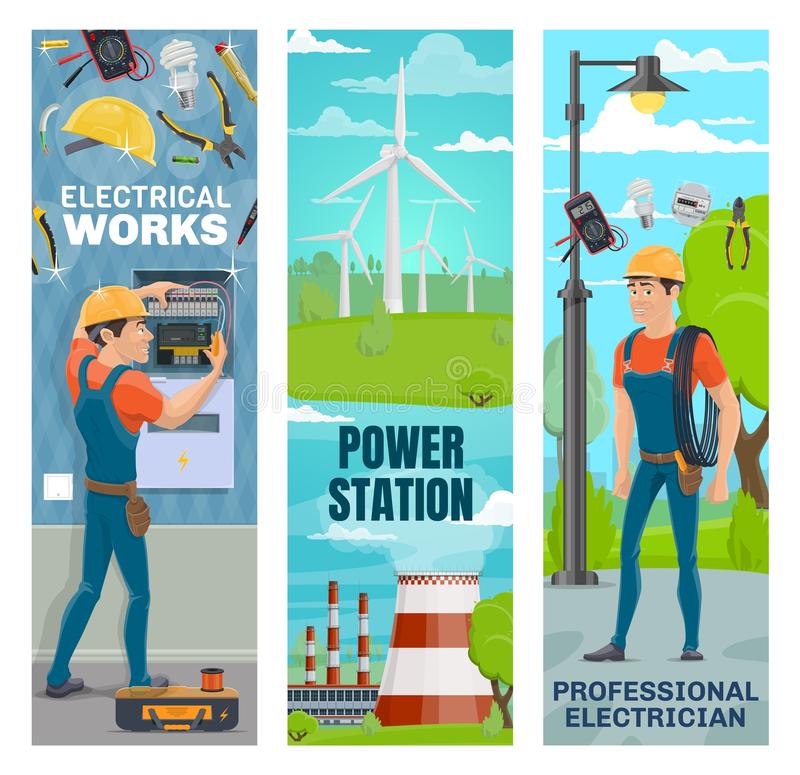


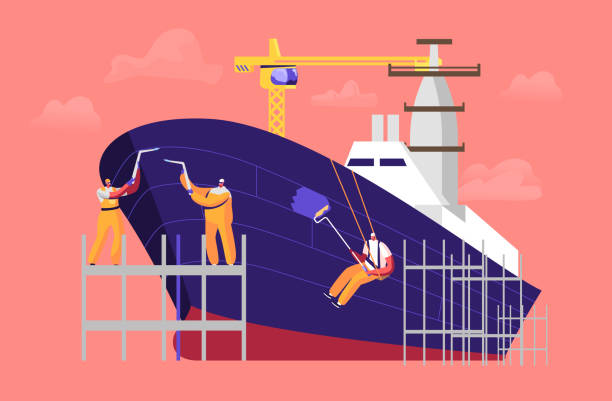


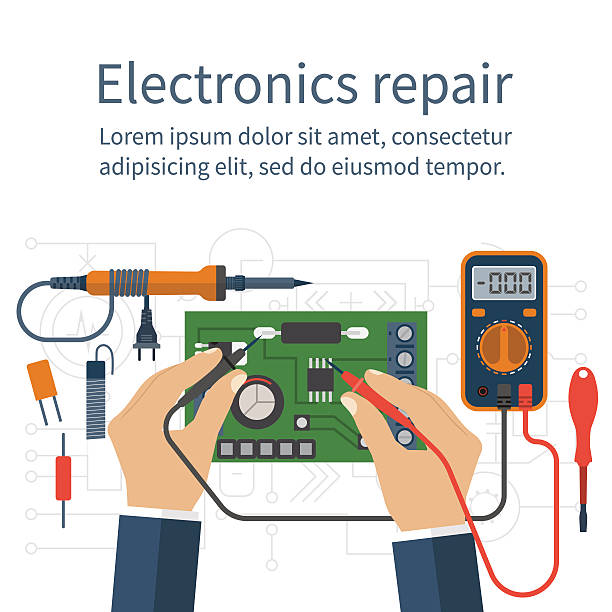
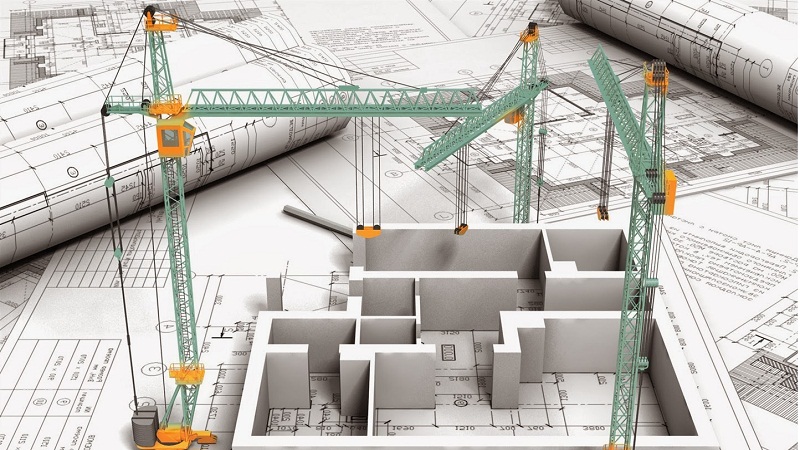
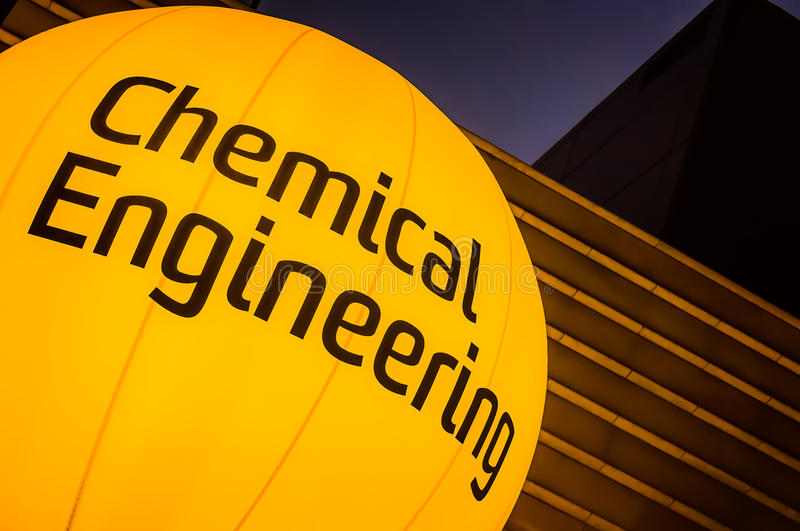
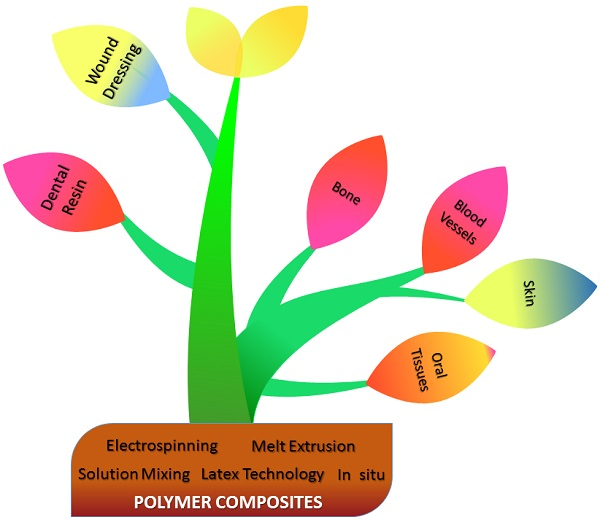

In the late 17th century, electricity became a subject of scientific interest with the work of William Gilbert. A number of important discoveries, including the incandescent light bulb and the voltaic pile, were made over the next two centuries. Most importantly, the greatest discovery in the field of Power Engineering can be traced back to the times of Michael Faraday. According to Michael Faraday, a change in magnetic flux induces an electromotive force in a loop of wire. This principle is known as electromagnetic induction. It helps to explain how generators and transformers work. Since then, power has been proved as the lifeblood of any organization. Power is not only required for keeping the lights on but also required for all mechanical, electrical, and electronic operations. For an effective and efficient generation, delivery, and utilization of electric power, energy remains one of the most challenging and exhilarating fields of electrical engineering.
Power Engineering focuses on the network of interconnected components for the conversion of different forms of energy to electrical energy. Power Engineering has been divided into four main subsystems, including:
Global issues like climate change, scarcity of water, and energy have compelled individuals to take the last resort of electrical energy generated with sustainable technologies. Certified power engineers are highly required for operational management, maintenance, renovation, and repair of boiler systems and other mechanical systems.
Speaking on “Smart Grid”, F.C. Kohli, founder, Tata Consultancy Service described the concept as the one to achieve an intelligent power system, optimum efficiency, reliability, security, and stability in generation planning, transmission, and distribution.

The course curriculum for Power Engineering is primarily designed to prepare the students for leading edge positions in various fields, including electric power, power electronics, motor drives, and electric machines. The course content also focuses on a wide range of vital concepts, including the structure of power systems, fundamentals of AC circuits, mathematical notations, balanced three-phase systems, components of power systems (generators, transmission lines, and transformers), etc.
Eligibility Criteria
Candidates who wish to pursue Power Engineering should have passed Higher Secondary Board Exam from a recognized board in India with an aggregate of 50 percent marks in Mathematics, Physics, and Chemistry.
Higher Education
After completion of B.Tech/BE, one can also opt for M.Tech/MS in various specializations. For M.Tech/MS degree course, candidates are selected on the basis of GATE score. However, candidates with exceptional performance in their qualifying degree are offered direct admission in some institutes. Many engineering colleges also offer M.Tech/MS programme in Power Engineering with different specializations. Ph.D. programmes are another option. The IITs and NITs are among the top premier institutes that offer M.Tech courses in Power Engineering.
Core Subjects
A power engineer has an average of four years of apprentice training, which includes classroom and on-the-job training. Highly technical subjects such as instrumentation and controls, electronics and computer controls, boiler operation and maintenance, air conditioning and refrigeration, safety, elemental physics, and practical chemistry are all studied. Training is critical to preparing apprentices to be tested for stationary engineer licenses, which is required by most states. Due to the increasing complexity of the equipment, stationary engineers must continue to update their skills, and many go on to take college courses.
Top Institutes
|
SL.No |
Name of the Institutes |
|
1. |
|
|
2. |
|
|
3. |
|
|
4. |
|
|
5. |
|
|
6. |
|
|
7. |
|
|
8. |
|
|
9 |
|
|
10. |
Bharat Institute of Engineering & Technology |
|
11. |
Top recruiters
Job prospects for Power engineers are growing tremendously. As an emerging economy, India’s power sector is gaining momentum. In terms of electricity generation, India is the 5th largest producer of electricity in the world. For India’s economic growth and development, electricity will continue to remain a key input. By 2016-17, the electricity demand is likely to reach 155 GW.
India has a huge hydropower potential of 148 GW. To revive the hydropower segment, the Government of India has introduced Hydropower Purchase Obligation (HPO) plan to obligate the power distribution companies to purchase power from hydropower plants. Many private players are also actively engaged in the generation and distribution of power.
For effective solutions, the sector needs professionals from various subjects of study, including Engineering, Finance, Commerce, Logistics, Human resources, and Law. Most of the public sector companies, including National Thermal Power Corporation, Power Finance Corporation, Power Grid Corporation of India Limited, etc. require professionals with degrees in Power Engineering.
In the next 10 years, the power sector will have fabulous growth, says Jayaprakash Gandhi, Career Consultant, and Analyst. To cope with the changing demands, the State Electricity Boards are engaged in structuring themselves efficiently.
If you have completed your degree in Power Engineering, you will get job opportunities with reputed Indian companies like BEL, BHEL, DRDO, HAL, DMRC, ISRO, NTPC, Power Grid Corporation, NHPC, Jindal Steel & Power, Reliance Energy, etc. Some top international recruiters include Alstom, ABB, Ameren Corporation, American Electric Power, Areva, Babcock & Wilcox, Bechtel, Black & Veatch, Burns & McDonnell, etc.
Call us at +91 9205084085, Monday - Friday, 9 am - 7 pm


